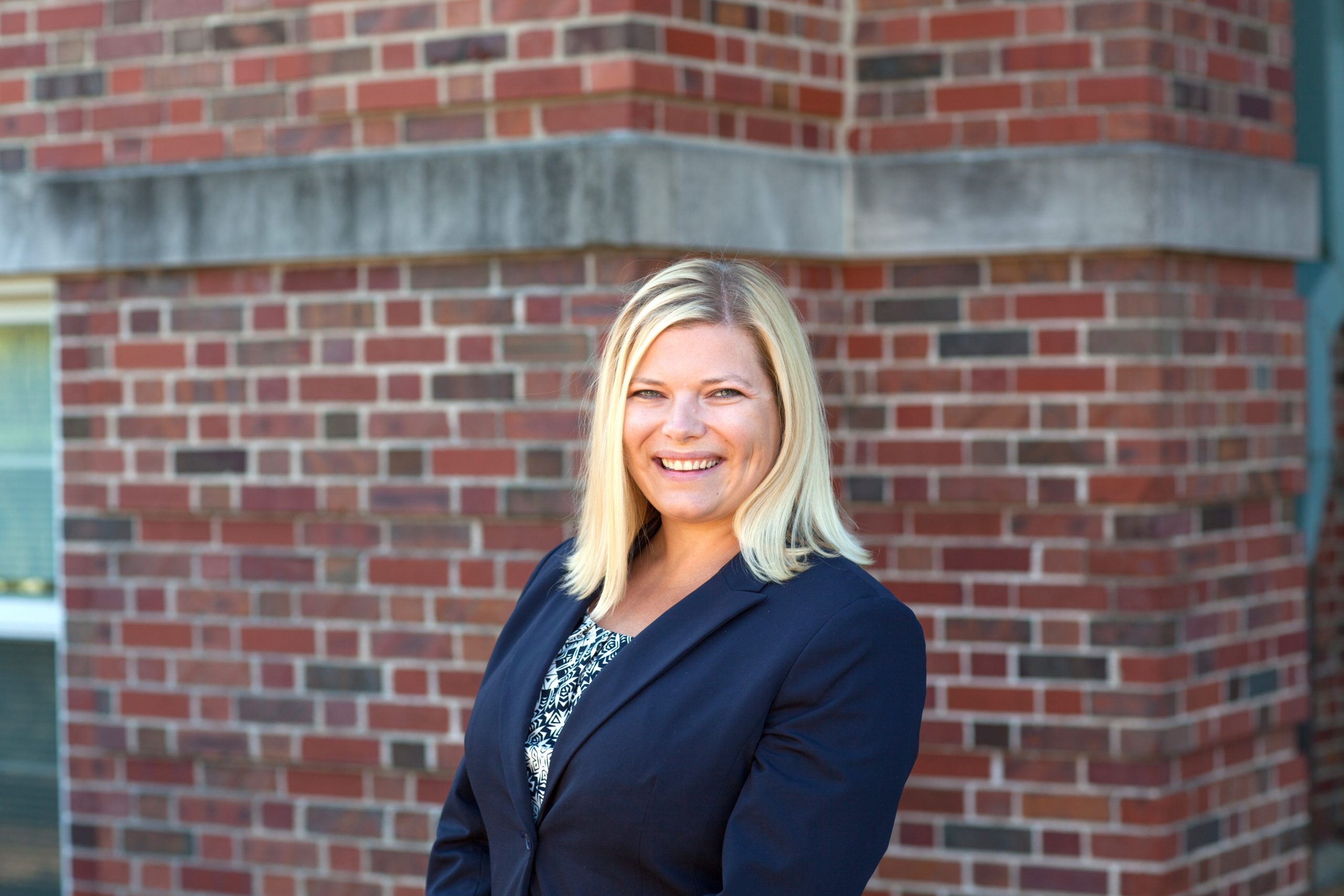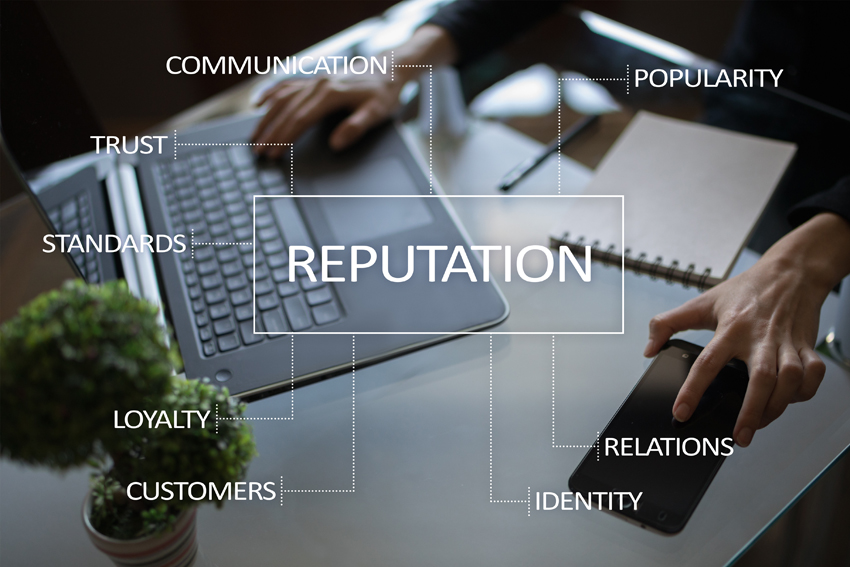Ethics considerations when attorneys work remotely

Whittney Dunn
Managing and supervisory lawyers are required to make reasonable efforts to make certain that all attorneys and office staff in the firm comply with the rules, and these duties persist even in a time of disaster or emergency. See M.R.P.C. 4-5.1 and 4-5.3. Adequate technology and training are essential to guarantee compliance when attorneys and staff work remotely.
Diligence and Communication
As with any change in firm circumstances, the most important consideration is that diligent representation and client communication continue uninterrupted. It is important to remember that clients may become especially needy during this crisis and that the coronavirus may impact them or their matters just as much or more than the firm and individual attorneys are impacted. A firm with one or more lawyers who are working remotely should ensure that these attorneys are able to communicate with clients, the court, other lawyers, firm staff and vendors in a thorough and timely manner.
The firm may wish to update its website, any automatically generated email responses and any automated messages on the firm’s phone answering system to notify clients and other potential callers of the remote status of some or all attorneys and office staff, as well as any updated contact information, if applicable. However, attorneys should not simply rely on these automated messages. Attorneys also should regularly access office voicemail, email and any other methods of client communication regularly used in the office to ensure no messages are missed. This will make sure that the duty under Rule 4-1.4(a)(2) to “promptly comply with reasonable requests for information” is met.
The duty to act with reasonable diligence and promptness in representing a client under Rule 4-1.3 also should be considered when a firm makes arrangements for remote attorneys. These remote attorneys should have full access to the office calendars and file systems to timely respond to deadlines and other important dates. When the nature of the crisis requiring remote work is a national health emergency such as the coronavirus, the firm also should think about what will happen if one or more attorneys in the office become incapacitated. Preparing an adequate succession plan to guarantee continued diligent client representation is part of an attorney’s duty to competently represent clients, and the firm should work out which attorneys will be responsible for another attorney’s matters in the event of death or incapacity. If an attorney is a solo practitioner, he or she should find another attorney who is willing and able to wind down or take over the business on the occasion of death or impairment.
Confidentiality
Where a firm’s computer system is concerned, special care should be taken when providing remote access to attorneys and office staff. The firm should take steps to make certain that any access to the computer system is done securely and with the confidentiality and security of client data in mind. A lawyer’s personal home computer, tablet or other device may not have the same firewalls or other cybersecurity measures as the computers in the office. A law firm with remote attorneys should carefully consider these issues and bring in cybersecurity professionals to address these concerns where necessary.
Remote attorneys also should be cautious with the confidentiality of physical client files and other information when any client matters are taken home or removed from the office in any way. If possible, attorneys working from home should have an entirely separate workspace from any shared family common areas to make sure that a client’s file is not viewed or compromised by a family member, house guest, cleaning crew or other third party. Client files should be kept locked away when not in use, even in an attorney’s home.
Whittney Dunn is a risk manager at The Bar Plan who regularly presents at local and national CLE seminars and conferences on the topics of ethics, professionalism and malpractice avoidance. She also provides risk-management consultation services to law firms and audits law firm procedures to evaluate risk-management controls.
.
Share this story, choose a platform
Brought to you by BridgeTower Media
Free Weekly Newsletter
Recommended content
Reputational Management: Mitigating sexual harassment risks at law firm and legal industry events
Reputational Management: Mitigating sexual harassment risks at law firm and legal industry events By Gina Rubel Creating a safe and inclusive [...]
The modern approach to law firm sales and client onboarding
From initial contact to the first signed agreement, each interaction with a new client should reflect a firm’s professionalism, priorities, [...]
What comes before the zero draft? Exploring the negative draft
A negative draft helps writers clarify their thinking by reacting to what does not work. It’s an area where generative [...]
The lawyer’s brain in retirement: What changes and why it matters
Retirement can be daunting for anyone. But lawyers face special challenges when they suddenly disengage from the intellectual intensity of [...]






